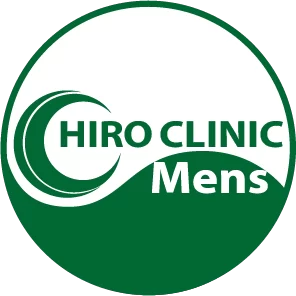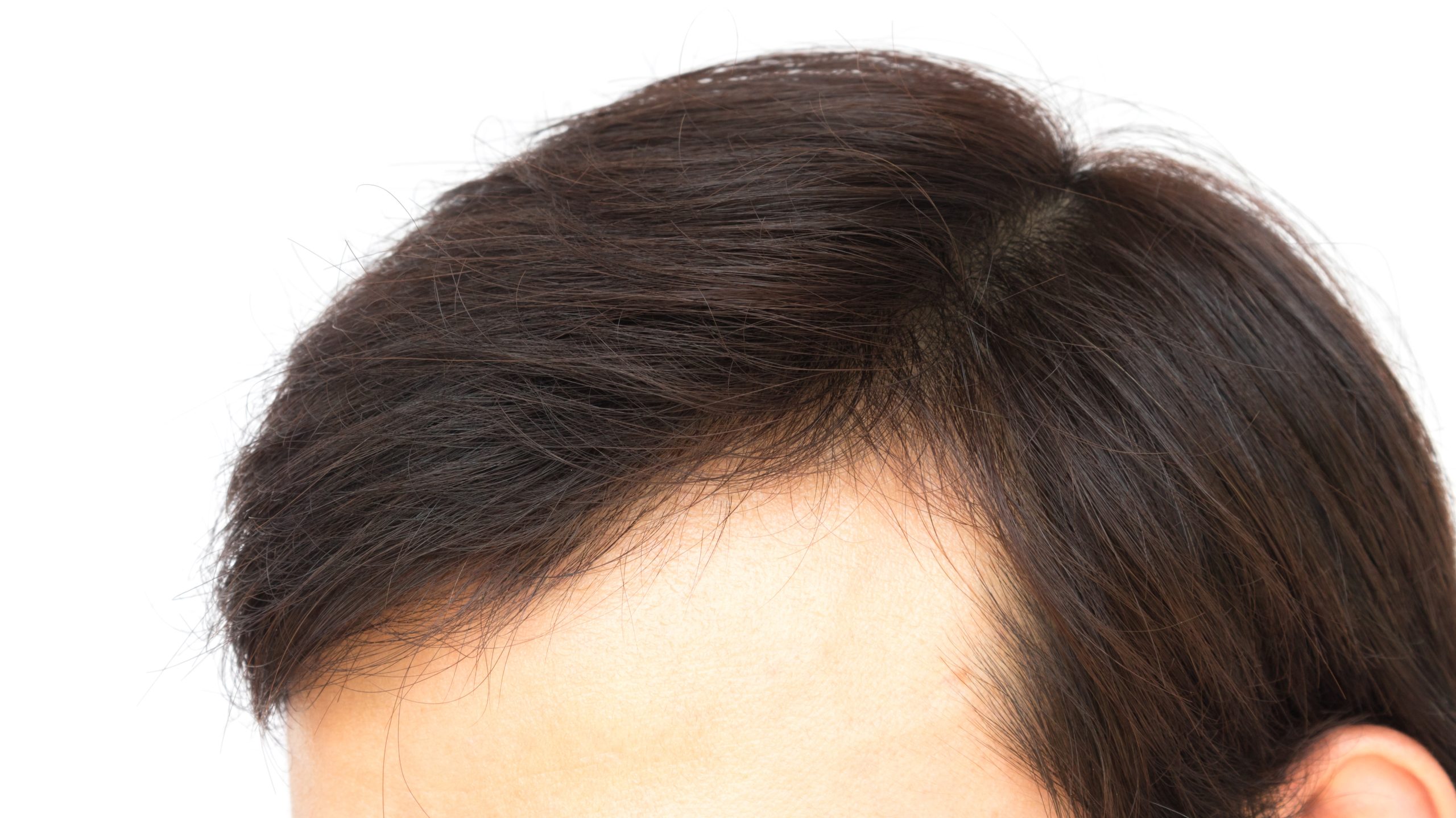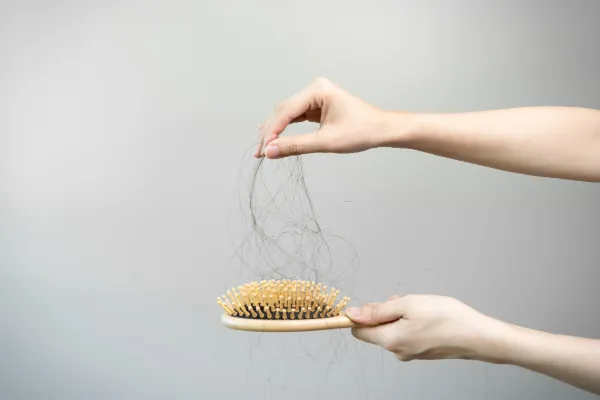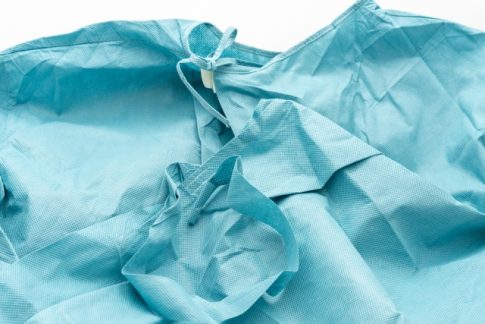この記事の概要
Proper hydration is critical to maintaining hair and scalp health during the recovery period following hair transplant surgery. Hydration is essential for maintaining scalp health and promoting the growth of transplanted hair. This article details how to hydrate and its importance in maintaining hair and scalp health after hair transplantation.
The Importance of Hydration
1. Maintaining a healthy scalp
Moisture is essential to keep your scalp healthy. A dry scalp can lead to itching, dandruff, and inflammation. Proper hydration helps maintain the scalp’s barrier function and keeps it in a healthy environment.
2. Promotes hair growth
Moisture supports hair follicle function and promotes hair growth. Hair needs adequate moisture to grow, and being dehydrated can slow hair growth.
3. Improves blood circulation
Proper hydration is important to promote blood circulation and bring nutrients to the scalp, which helps transplanted hair take hold and grow .
How to properly hydrate
1. Drink plenty of fluids
It is important to maintain an adequate daily fluid intake.
2 litres a day: It is generally recommended to drink around 2 litres of fluid per day, this should be adjusted depending on your weight and activity level.
Drink regularly: Drinking water frequently will keep you hydrated more effectively than drinking large amounts all at once.
2. Eat foods that contain water
Eating foods that are high in water content will help you stay hydrated naturally.
Fruits: Eat plenty of fruits that are high in water content, such as watermelon, oranges, grapefruit, and melon.
Vegetables: Vegetables with a high water content, such as cucumbers, tomatoes, lettuce, and celery, are also effective.
3. Limit your caffeine and alcohol intake
Caffeine and alcohol are diuretics and can reduce fluid retention in the body.
Caffeine: Avoid or limit your intake of coffee, tea and energy drinks.
Alcohol: Avoid alcohol or, if you do drink alcohol, drink water with it to prevent dehydration.
Moisturizing and caring for the scalp
1. Use a moisturizing shampoo and conditioner
Using the right shampoo and conditioner can help keep your scalp and hair moisturized.
Moisturizing ingredients: Choose shampoos and conditioners that contain moisturizing ingredients such as hyaluronic acid, aloe vera, and glycerin.
Hypoallergenic: Using gentle, hypoallergenic products helps reduce irritation and maintain a healthy scalp.
2. Use a scalp moisturizer
Using a moisturizer specifically designed for the scalp can help prevent dryness and keep your scalp healthy.
Scalp lotion: Use a moisturizing lotion made specifically for the scalp to provide adequate moisture.
Essential oils: Using moisturizing essential oils such as tea tree oil or lavender oil can also be effective.
3. Gentle scalp massage
Scalp massage is effective in increasing blood circulation and delivering nutrients to the hair follicles.
Massage technique: Use the pads of your fingers to gently massage your scalp. Doing this for a few minutes each day will help improve blood circulation.
Oil massage: Oil massage using coconut oil or jojoba oil is also effective for increasing the moisturizing effect.
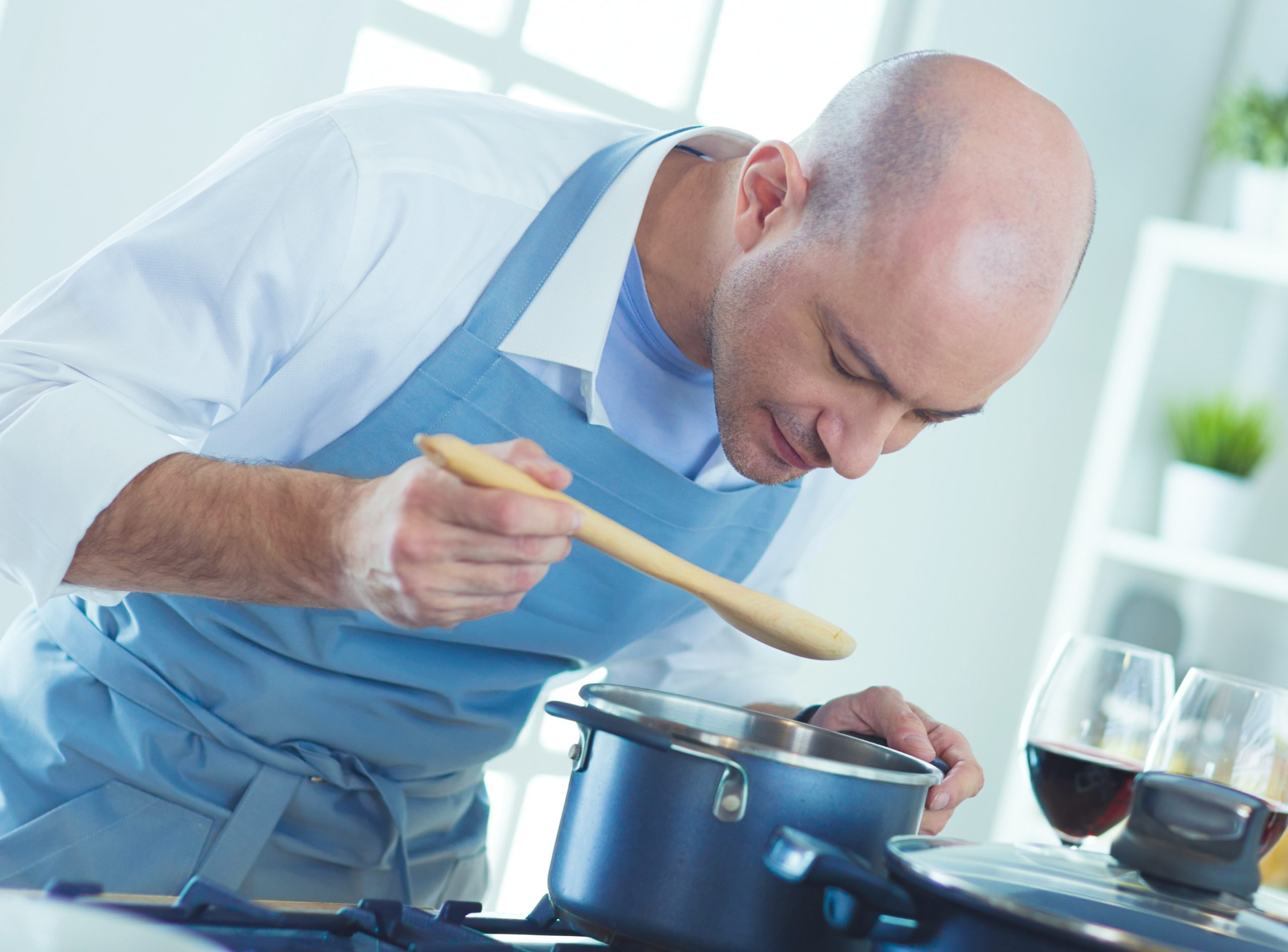
Reviewing lifestyle habits
1. Healthy eating
A balanced diet is essential for maintaining healthy hair and scalp.
Vitamins and Minerals: Ensure you get a balanced intake of nutrients such as Vitamins A, C, E, Zinc and Iron, which are important for hair growth and health.
Protein: Eat enough protein such as fish, meat, legumes and eggs, which promote hair growth.
2. Moderate exercise
Moderate exercise is important for promoting blood circulation throughout the body and delivering nutrients to the scalp.
Aerobic exercise: Do aerobic exercise regularly, such as walking, jogging, or cycling.
Stretching: Gentle stretching can help improve circulation and relaxation.
3. Stress management
Stress can have a negative impact on the health of your hair and scalp, so proper stress management is important.
Relaxation techniques: Implement relaxation techniques such as yoga, meditation, and deep breathing to reduce stress.
Time for hobbies: Find a hobby or thing you enjoy and make time to relax.
Summary
Proper hydration is essential to keep your hair and scalp healthy during the recovery period after hair transplant surgery. Drinking plenty of water, eating foods that contain moisture, using moisturizing shampoos and scalp moisturizers, giving yourself a moderate scalp massage, eating a healthy diet, exercising regularly, and managing your stress will help maintain a healthy scalp environment and promote the growth of transplanted hair. Incorporate these care practices into your daily life to ensure a comfortable recovery period.
